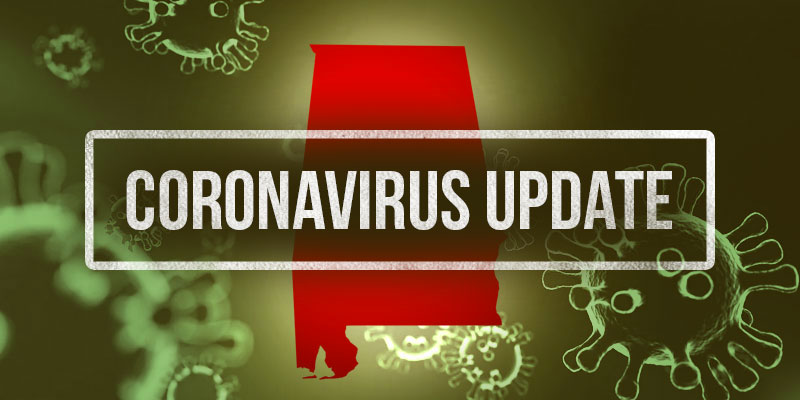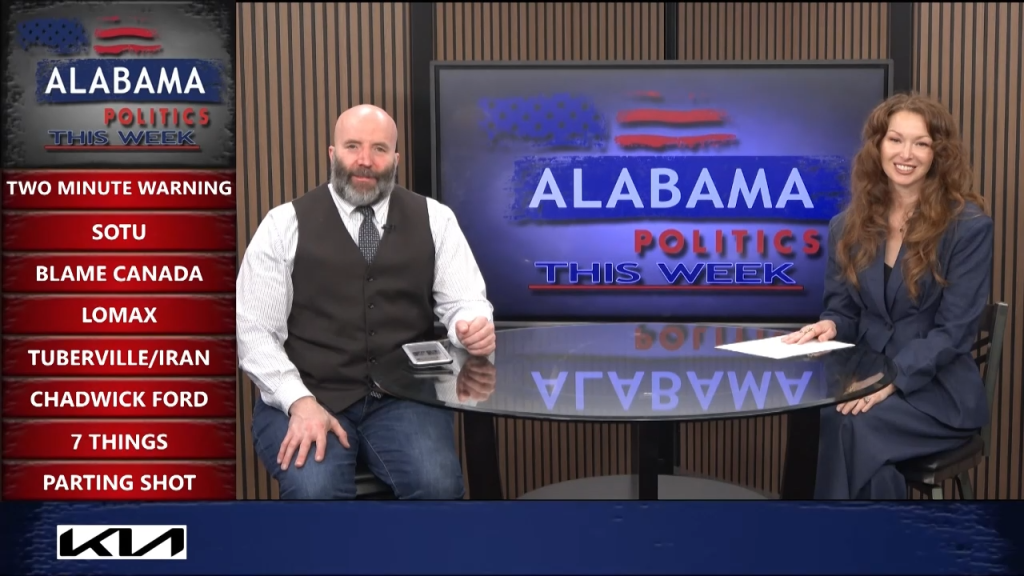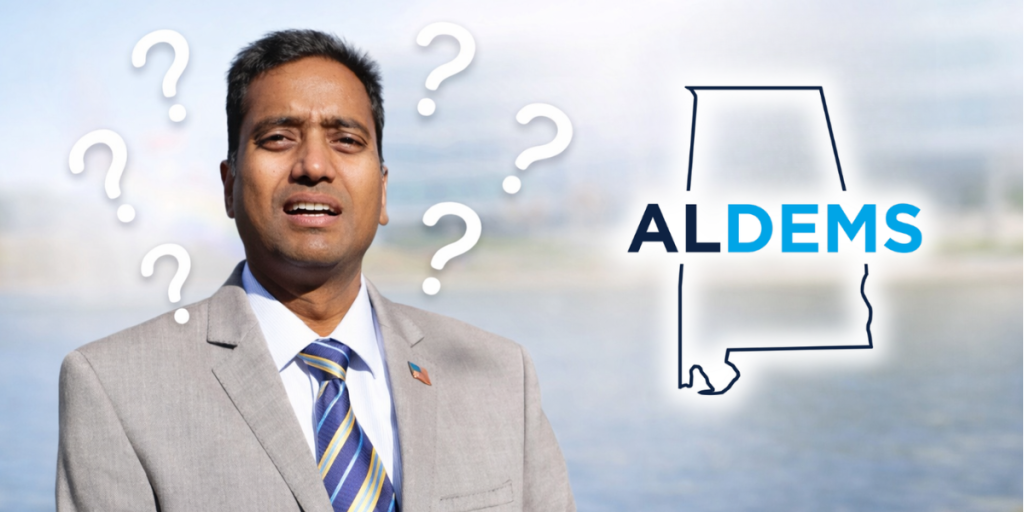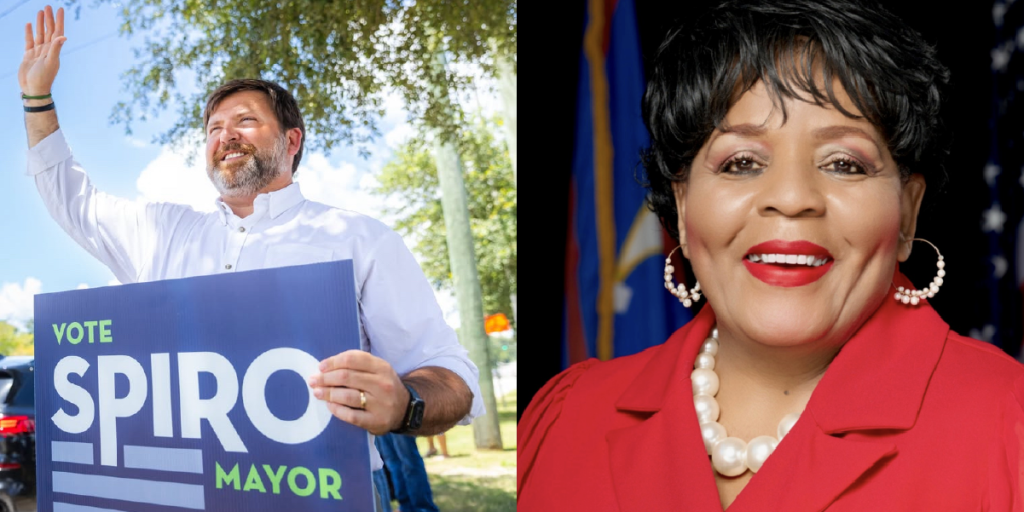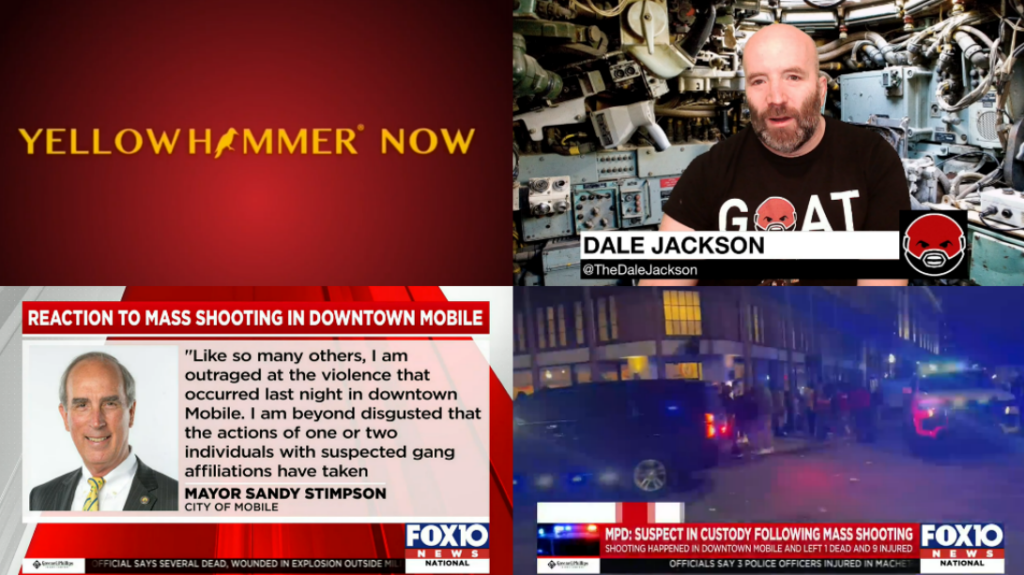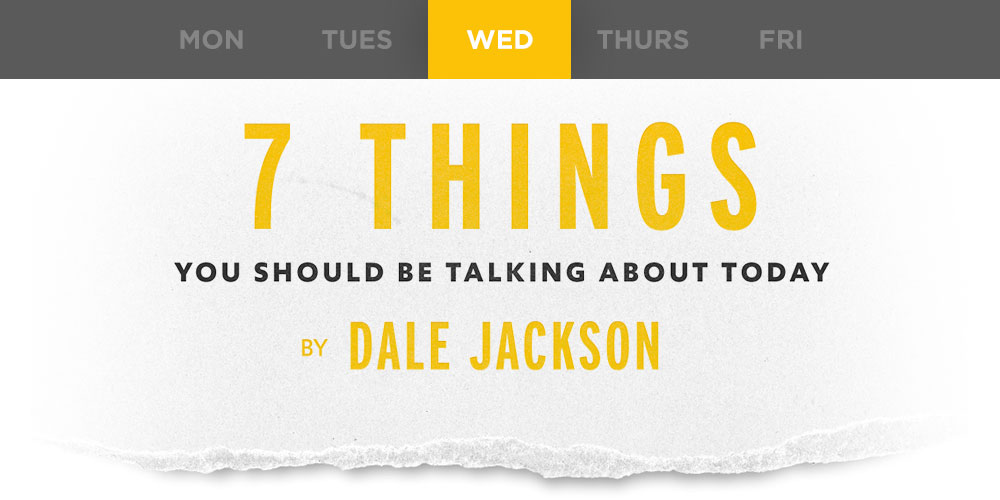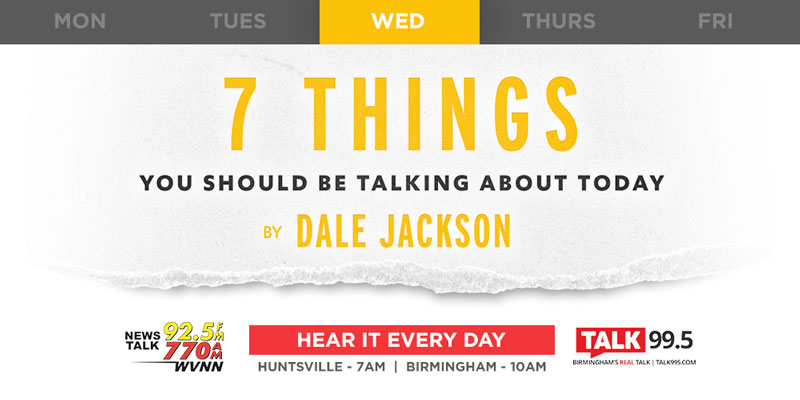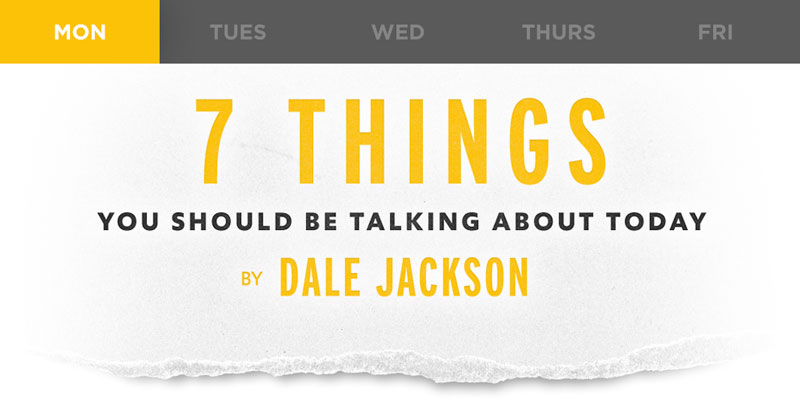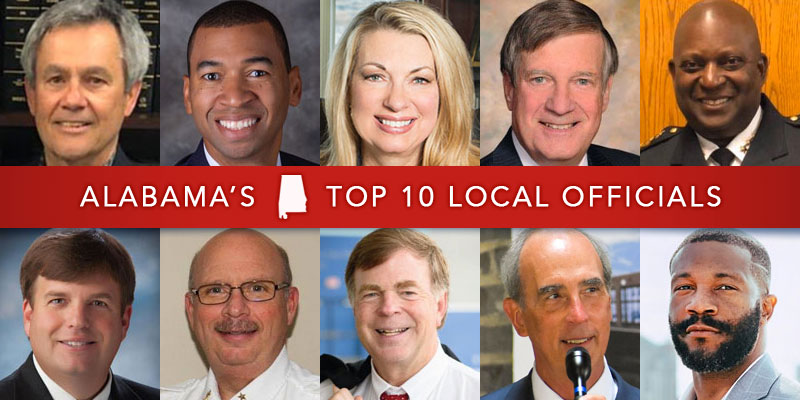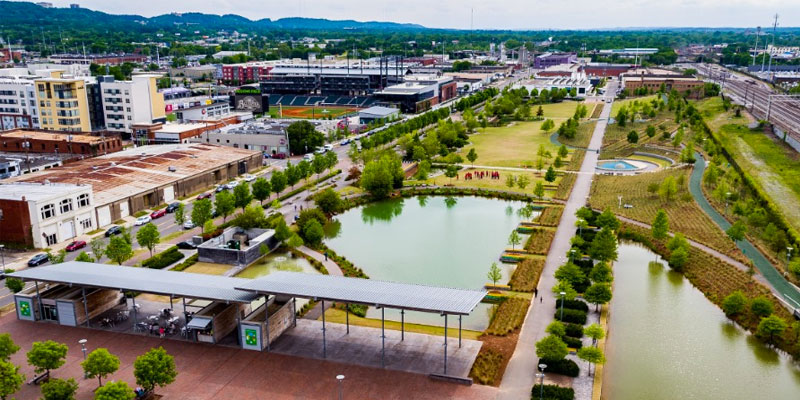All the way back on March 24, President Donald Trump offered a glimpse at where the outer limits of coronavirus (COVID-19) policy might lie.
At his daily White House briefing, he said, “We can’t have the cure be worse than the problem.”
While he did not say when or how he would determine the cure had become worse than the problem, some of the data suggests it may be getting close.
First, the latest numbers.
As of 6:00 a.m. on Tuesday. In the last 24 hours, according to the Alabama Department of Public Health, there have been 220 new cases of COVID-19 after 7,881 new tests were conducted. There have been ten reported deaths and 20 new hospitalizations in the same time period.
And then there were 38. UAB announced yesterday that it was down to 38 COVID-19 patients at its inpatient facility. This is down from a peak of 62. The university emphasized, “We are not in the clear yet.” It’s still hard to ignore such a low number at the state’s largest hospital located in the county and city which have seen the most confirmed cases in Alabama.
Cure > Problem? There will likely be another difficult announcement this week: Alabama’s unemployment numbers. During the last reporting period, March 29 through April 4, 106,739 Alabamians filed for unemployment. To put this in perspective, the week before Governor Kay Ivey issued her state of emergency order, there were 61,114 people counted as unemployed in the entire state. On both the state and the national level the conversation has heated up about when the economic costs will outweigh the health benefits.
See above. The Mazda-Toyota plant in Huntsville announced yesterday that it would delay start of production due to the COVID-19 crisis. It remains unclear what this will do to hiring, which began on a rolling basis in January. Mercedes-Benz extended the production freeze at its Vance plant until April 20, according to the company.
Getting back to work. Alabama Senate President Pro Tem Del Marsh (R-Anniston) has proposed continuing to protect older and more vulnerable Alabamians, with everyone else going back to work May 1. Texas governor Greg Abbott has offered a common sense solution for his state: replicate the practices which have been employed by essential businesses across all sectors of the economy. It’s difficult, in America, to argue someone should be allowed to enter a grocery store under a set of conditions but not another retail establishment. Abbott says he hopes to open up his state in the next two weeks.
The big four. Not enough has been said about how the mayors of Alabama’s big four cities have handled the coronavirus crisis. The cities they lead are naturally the most susceptible to outbreaks given the density of their populations. Yet, all have been highly visible and in perpetual motion in pursuit of solutions to handle the wide-ranging impact of isolation methods.
Three weeks ago, Mayor Sandy Stimpson warned, “We can’t let the health crisis become an economic crisis more than what it already is.” He has been realistic about his city’s situation throughout the process — and as recently as last night.
We believe this is a pivotal week in the battle against Coronavirus. The health experts tell us that we are approaching the peak for the spread of this disease in Mobile. We expect to see the number of confirmed cases rise over the next seven days, then hopefully begin to fall.
— Mayor Sandy Stimpson (@MayorStimpson) April 14, 2020
Mayor Randall Woodfin has extended his reputation as an innovator with his #BhamStrong program to assist ailing small businesses. #BhamStrong is a public-private partnership to provide bridge loans to Birmingham small businesses affected by the COVID-19 outbreak.
In Montgomery, Mayor Steven Reed has formed the Economic Impact and Community Impact task forces.
We will get through this together but we’re not gonna wait until we get to the other side to chart our course. That has already begun! #mgmready https://t.co/jkUxnOm2zJ
— Steven L Reed (@stevenlouisreed) April 7, 2020
Meanwhile, Huntsville Mayor Tommy Battle’s daily press conferences have been a lesson in public relations and communications. Each include relevant representatives from the city’s response team and a local medical professional. Finally, Battle has shown a willingness to tap into the high-tech talent in Huntsville’s private sector to help meet some of the city’s needs.
Tim Howe is an owner of Yellowhammer Multimedia




